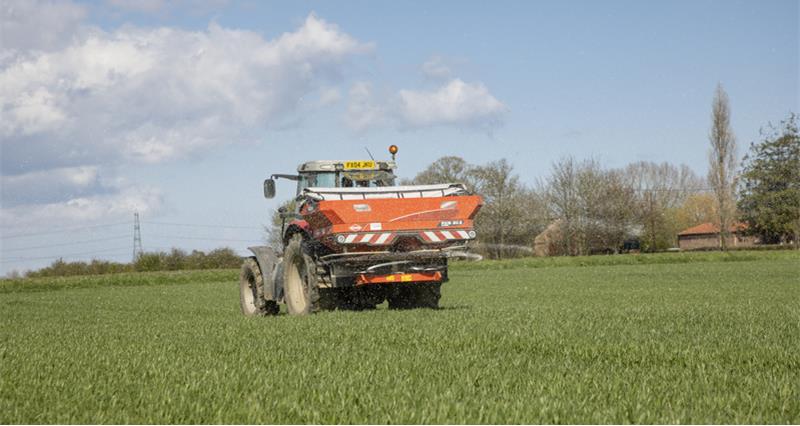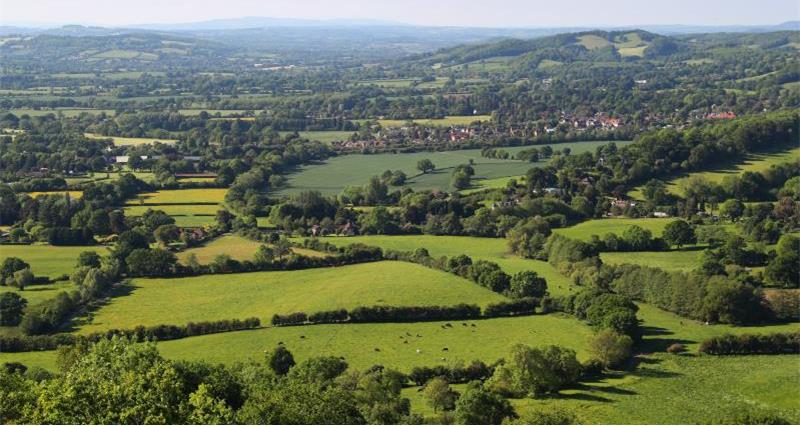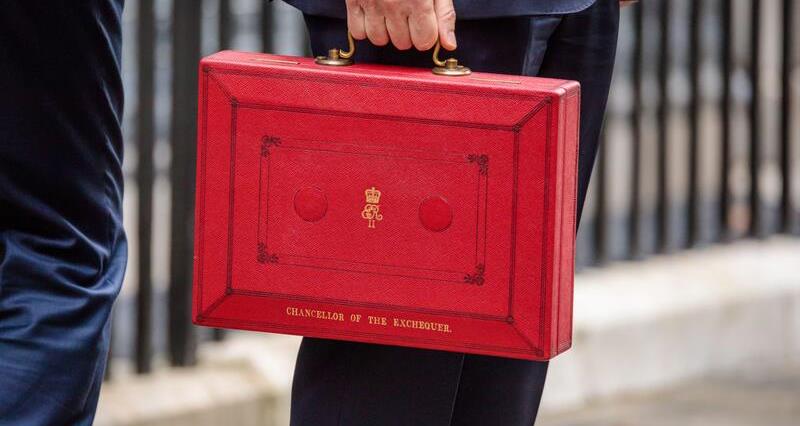Many of the announcements in the Chancellor’s recent Budget have created significant headlines for British agriculture, but one point that may have gone relatively unnoticed was the announcement of the government’s intention to implement a CBAM (carbon border adjustment mechanism) on 1 January 2027.
This is, in essence, a tax on the carbon emissions produced during the manufacture of certain imported goods. It aims to ensure that domestic carbon reduction policies do not result in the export of carbon-intensive industries to countries with less stringent emissions legislation, a phenomenon known as ‘carbon leakage’.
Materials currently expected to fall under the scope of the CBAM when imported to the UK include aluminium, cement, hydrogen, steel products, and – crucially for agriculture – fertiliser.
Pushing up cost of fertiliser
The introduction of the CBAM follows a consultation in March 2024 conducted under the previous government.
At the time, the NFU responded to the consultation expressing concern that the CBAM will push up the cost of fertiliser in the UK at a time when farm bottom lines are already squeezed and farmer confidence is at an all-time low, in part due to the impact of rising costs of agricultural inputs.
It is of particular concern for the arable sector, where fertiliser currently makes up 38% of crop-specific expenditure and 12% of total farm costs.
With British production acting as a baseline for CBAM levies despite the UK not producing ammonium nitrate on any significant scale, this will expose UK farmers to a wholesale increase in fertiliser prices.
It is also likely that the CBAM will lead to inflation in the costs of other agricultural inputs such as the steel and cement used in the construction of farm buildings.
Unequal playing field
The NFU has also raised concerns that the introduction of a fertiliser tax will create an unequal playing field for British farmers and growers. There is a significant risk that it may undermine the competitiveness of domestic agricultural production and result in increased imports of food and feed from countries where fertiliser is not subject to a carbon tax.
This would essentially undermine the goal of the CBAM by simply transferring carbon leakage from the manufacturing of inputs to a position further down the supply chain.
The NFU believes that this would both undermine British producers and weaken our national food security. Consequently, the NFU will be working to develop an impact assessment to understand the full impact of this tax policy on the industry.
Meanwhile, we will also be lobbying government to ensure British producers are given a fair playing field in regard to food, feed, and fertiliser imports.


